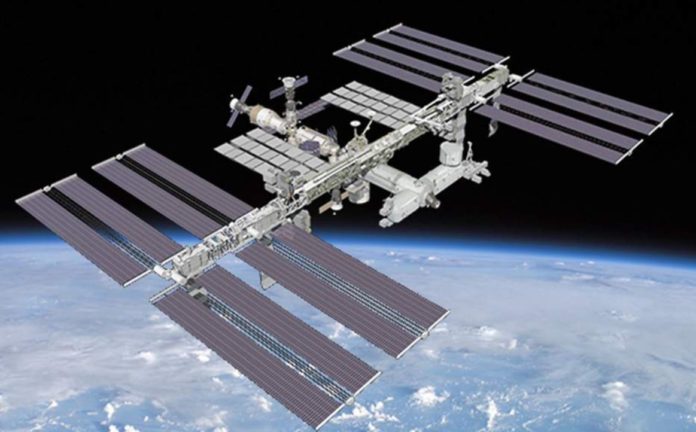Prolonged periods of stay in space not only cause vision problems in astronauts due to increased pressure on the optic nerve or changes in the expression of their genes, things that were already known, but also have other serious consequences. It also increases the volume of their brains as the pressure inside their skull increases, according to a new US scientific study of astronauts who had spent time at the International Space Station (ISS).
More than half of the astronauts who stayed at the ISS for some time reported changes in their eyesight due to their exposure to a microbial environment. When they returned to Earth and were examined, their optic nerve was swollen, the bleeding had occurred in the retina, and other problems.
Scientists have suggested that chronic exposure to high intracranial pressure during spaceflight contributes significantly to these disorders. The new study shows that the problems are broader, which raises concerns about future long-haul manned space travel, such as Mars.
The researchers, led by Dr. Larry Kramer of the University of Texas Health Science Center, who published their findings in the journal Radiology of the North American Society of Radiology, studied 11 astronauts (ten men and one woman) through MRI scans before and after their six-month stay on the ISS.
The imaging tests showed that staying in space for a long time led to an average increase of 2% in brain volume, mainly white matter, but also in grey matter, as well as cerebrospinal fluid volume, which flows in and around the empty spaces of the brain and spine. Tumors remained elevated one year after space travel, indicating a possible permanent change in the astronauts’ bodies.
CT scans also revealed changes and deformities in the pituitary gland’s vital gland at the base of the skull, which controls the function of many other glands. It is estimated that the increased intracranial pressure in space also explains this effect, which leads to a reduction in the pituitary gland and a distortion of its shape.
Scientists are studying ways to offset the effects of microgravity. One option under consideration is to create artificial gravity, while another is to apply negative pressure to the lower extremities to prevent the transfer of body fluids to the head due to microgravity.
